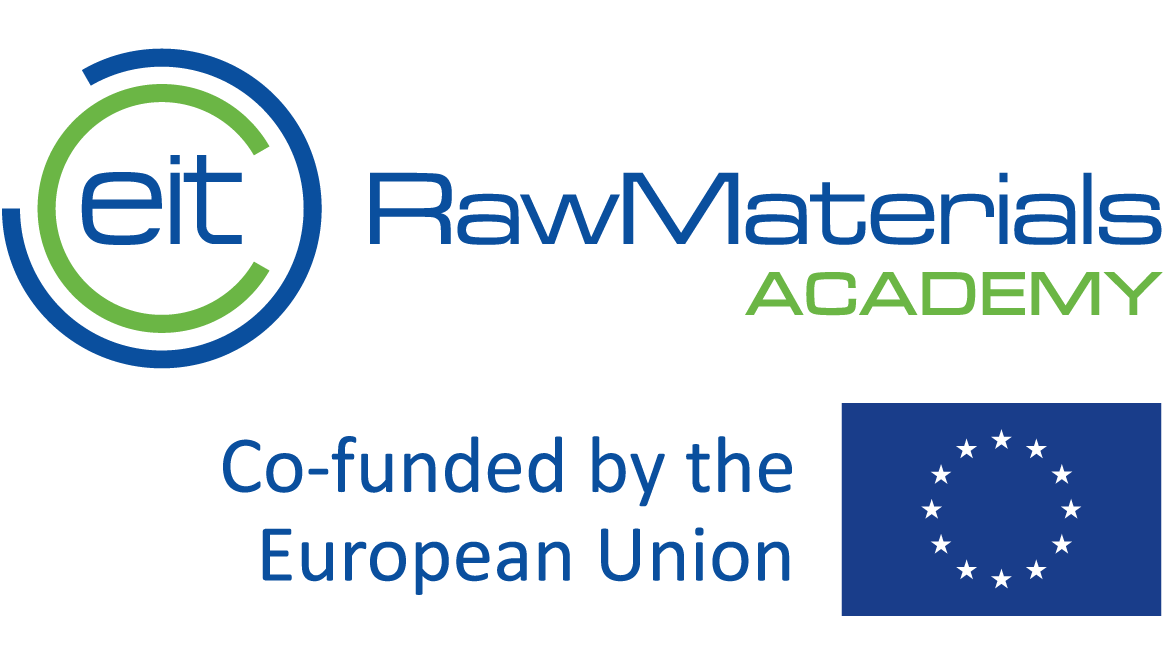E-Waste and Battery Recycling: Technology, Design, and Challenges
Posted 2 years 5 months ago by EIT RawMaterials
See how recycling mobile devices is important to overall environmental design
Phones are an example of electronic devices with a short lifespan that contain many critical elements necessary for the production and storage of renewable energy and maintaining our standard of living. These resources are scarce and need to be recovered through recycling, which can be costly in terms of energy and emissions.
This four-week course from EIT RawMaterials introduces every element of WEEE recycling, from recycling lithium batteries to recovering plastics and trace metals. Current and emerging technologies will be examined to ensure a circular economy and good environmental design, now and well into the future.
Learn the basic principles of mobile phone recycling
During the first part of this course, you’ll cover the engineering aspects involved in mobile phone recycling. This includes identifying the mix and composition of materials.
You’ll also learn about the various recycling methods that are possible (dismantling, sorting, and element separation) and their associated risks and safety issues.
Understand the managerial aspects of recycling and eco-design
On the second part of this course, you’ll focus on mobile phone recycling strategies, learning how to use them to ensure intelligent environmental design.
You’ll see how incorporating eco-design principles leads to a sustainable circular economy, achieving the ultimate goal of less waste from electrical and electronic equipment (WEEE).
Be a part of sustainable environmental design
Ultimately, this course will show you how to deploy current and emerging technologies to deal with mobile phone WEEE in the most energy-efficient, emission-minimising ways possible.
After successfully completing this course, you’ll be equipped with the engineering and managerial knowledge to be part of the WEEE recycling solution.
This course is designed for anyone working in laboratories and industries that will include mobile phone recycling in their research and industrial programmes. Students, chemical sector professionals, technicians, and engineers will all find it helpful.
This course is designed for anyone working in laboratories and industries that will include mobile phone recycling in their research and industrial programmes. Students, chemical sector professionals, technicians, and engineers will all find it helpful.
- Identify the valuable chemicals that can be recycled in batteries and waste of electronic and electrical equipment
- Compare the different recycling methods: mechanical, pyrometallurgical and hydrometallurgy routesÂ
- Calculate the energy cost of some recycling processes using simple thermodynamicsÂ
- Design and optimise new processes based on the combination of well proven techniques with new innovative solutionsÂ
- Assess the chemical risks and harmful emissions to the environment during the process of recycling WEEEÂ
- Develop awareness of the necessity to recycle but also of the compromises to be made for efficient and safe recycling
EIT RawMaterials - Latest Courses
Due Diligence in Mineral Value Chains: Responsible Business Conduct
- 4 weeks
- Online
Sustainable Management in the Extractive Industry
- 6 weeks
- Online
Introduction to Magnetism: The Challenges of Rare Earth Magnets
- 6 weeks
- Online
Batteries for the Energy Transition: Exploring the Sustainable Value Chain
- 4 weeks
- Online
Business Opportunities in Additive Manufacturing
- 3 weeks
- Online

